Introduction: To Write the Africa World
(translated by Drew Burk)
The new century that confronts us opens up to a horizon comprising two historical displacements. Europe is no longer understood or viewed as the center of the world even though it is still a vibrant and relatively important and decisive actor on the global stage. For its part, Africa – and the Global South in general – has seen its status continue to rise in importance as one of the principal theaters where, in some distant point in time, the future of the planet will more than likely play out.
For those who, for a long time, have grown accustomed to being snared in the conquering gaze of the other, the moment has come once again to launch a new project of critical thought that will not merely be content with just a series of lamentations and taunts. Confident in its own manner of speaking and at ease wading through the archives of all humanity, this thought is capable of anticipating, of truly creating, and, in so doing, of opening up new paths able to face up to the challenges of our current era. In order for such a project to run for the long term, it seemed to us appropriate to invent a new, open platform in favor of a form of speech and discussion that would necessarily be understood as plural, both confident in its own potentials and powers of speech, and allowing for the unpredictable if necessary – in any case, a platform open to the vast horizon in front of us.
And it’s with such a platform of thought in mind that we held the inaugural event, the Ateliers de la pensée (Workshops of Thought), between October 28 and 31 in Dakar and Saint-Louis-du-Senegal. About thirty intellectuals and artists were invited from across the African continent and the diasporas to reflect on the present and the possible future of an Africa that finds itself in the midst of contemporary global transformations. Not only was this workshop a way to get a better overall idea of the ongoing renewal of Frenchspeaking Afro-diasporic critical thinking; it also served as an impetus for generating new perspectives concerning the contribution from Afro-diasporic discourse to debates on the contemporary world. For those intellectuals and artists who had the privilege of participating, this unique and unforgettable gathering was a momentous occasion for renewed reflection – Africa’s time is inseparable from the time of the world, and the creative task that confronts us is seeking to enable Africa’s future to come into being.
If there is a general optics to be found in the essays gathered together in this volume, it is certainly in the notion of “the event to come,” and it is in this “call to creation” that one will be able to find it. The only Africa that exists is the one that will be created. And for us, then, the fundamental task before us is to make believable, or to believe in, this creation. In order to do this, we must take as our starting point the interconnection between the future fate of both Africa and the world and finally reflect on how to end the misconception that there is a vast separation between them, which has often been taken as a given between the sign that Africa constitutes and the time of the world. And it’s precisely this conception and rather archaic notion, which we will also reflect upon, that, over several centuries, has attempted to claim and make a general population believe that Africa constituted a world apart, un hors-monde – an outside world.
At the dawn of this new century, in seeking to restore a kinship identity between Africa and the world, one recognizes that there exists a variety of ways of being-in-the-world, of being a world, of composing the world one wants to shed light on. How can we bring together all these diverse ways of being and composing, of deciphering and expressing, of articulating what such a call responds to? Such will be the object of our reflection. Each time we attempt to employ such a thought of a world, it will serve as a way of conceiving the possibility of a surprise. From such a perspective, then, this book is not so much a manifesto – in the sense that it would somehow serve to reveal or traverse a threshold into some newfound light of day, unearthing some hidden truths from the preceding generations – and yet it will nevertheless present several vital analyses.
First and foremost, this volume will deal with the notion of urgency. Given that, for Africa, time is now both of the essence and favorable, there is no reason to wait. We are our own witnesses. We must absolutely unite if we are to take back this essential task that we can’t simply delegate to others – namely: reading, writing, deciphering, decrypting, sketching, and calling into question our age, creating a blockade around those languages (our own as well as others) in which we speak in phrases that no longer ring true, which have become mute. We must rehabilitate, in the very act of thought, a form of errancy, of wandering, which serves as a condition for surprise.
Second, thinking for oneself is an exercise that is inseparable from action, since, in Africa, as in the rest of the world, one doesn’t act without thinking, in the same way that one doesn’t think without acting, except when, in both cases, one wants simply to yield to a path of catastrophe. In the end, what we are seeking here is a way to create a new form of construction. To accomplish this, we must first begin by not only opening up all the borders, but also by inventing a way to render the archive – every archive – as legible as possible.
This book is therefore a general call, as pressing as it is intense, to take up the old battles that have never quite been completed and to engage in others that this new century calls on us to address, which inevitably calls for scrambling and erasing many demarcation lines so as to be able trace and sketch out new ones.
The workshops in Dakar, as well as the ones in Saint-Louis-duSenegal, constitute our response to an amalgam of reconfigurations dealing with the overall conditions for the construction of contemporary thought. On the one hand, the hegemony exerted by Western discourse concerning almost every construct of human knowledge and culture – be it in literature, art, philosophy, or, more broadly, the humanities or social sciences – either is now in retreat or, at the very least, is being strongly contested. There is no doubt that academic institutions in the Global North continue to be powerful. But over the last quarter of the twentieth century, we began to bear witness to the emergence of new trends in many disciplines that called into question this Western-centric worldview of cultural production. And thanks to the arrival of such new interdisciplinary approaches, we are also furnished with new ways of interpreting world history.
This movement in favor of a decentering of thought and the humanities in general is nothing new. However, it is accelerating. Today, pretty much everywhere around the world, new territories of life are taking hold and seeing the light of day. Informal policy practices call into question and overthrow what had, up until now, been considered common sense. Democracy itself is in the throes of reinventing itself, starting in the most common areas of ordinary life. We are all now living with migrants and other peoples who, perhaps at first glance, don’t seem to belong to our community; yet today, we recognize that we are, in fact, all in the same boat. Computational techniques not only transform knowledge into information; they have multiplied our ability to produce knowledge outside the current institutional models as we have come to understand them.
In spite of all the attempts to create enclosures, borders are increasingly becoming elastic, and all sorts of basic dichotomies have begun to collapse. Deterritorialization and reterritorialization go hand in hand. Far from being oppositional, subject and object now form one and the same foundational framework. The conceptions of here and elsewhere have become entangled. Nature is found in culture, and vice versa. Human beings and other living creatures have begun to partake in relations of co-constitution. There is no history that does not simultaneously encompass human persons; technological ensembles; objects; mineral, vegetal, and geoclimatic materials; and even spirits. Given these new conditions, to decenter thought is, above all, to return to a certain conception of the Whole, or Tout.¹ Or, to use Édouard Glissant’s term, we must return to a conception of the Tout-Monde. And in this case, we must recall and understand the Tout-Monde not as something that is complete, but rather as something that forces us to reflect and think about how to make life habitable for all.
We therefore find ourselves at a propitious moment to relaunch a project of critical thought – what we call a practice of creation – that will draw its forces and originality through an encounter between the humanities, the disciplines of the imagination, and what we can refer to in a general manner as the arts of the living. For, as far as we are concerned, critical thought is not merely limited to the production of philosophical texts. Far from it. It comprises both a literary and a non-discursive corpus (be it graphic or pictorial). It includes a multiplicity of gestures, fields, and styles, which include music and dance, architecture and photography, as well as cinema, among others. It gathers together all practices of writing, of creation, interpretation, and imagination. Such a thought comprises and makes use of all threads of the imagination. From time to time, both here and elsewhere, this thought is also of a purely performative nature.
The imperative to decentralize thought and the humanities is not a task confined simply to those regions that have, up until now, been found at the margins of the West. Such a project began to take shape in the very heart of the citadel itself, nourished as it is by feminist critique, race critique, a return to conceptions of deep history, and a number of other epistemological currents. On the African continent and in its diasporas, over the past decade, we have also started to notice an upswing in intellectual and artistic creativity, a rekindled vitality in the principal themes, and a fervent desire to renew the forms, the frameworks of thought, and the attempts to grasp the real in the process of being created.
So, we see here that there is something worth exploring and creatively playing with, a new toolbox that we can make use of in order to construct something else with our creative energies. We once again have at our disposal a new generation of critics, intellectuals, researchers, writers, and artists who are working on the African continent as well as in a great many establishments of higher learning throughout the rest of the world. For a number of years now, this generation has been proposing renewed approaches and innovative concepts that, today, serve as new cartographies for reading the world and for interpreting the time period in which we live, while at the same time recording the African and diasporic predicate in a larger framework, one that could truly be understood as global. From now on, it’s clear that, in order to move forward, the world at large can no longer ignore the oeuvres from Africa or its diaspora, whether in the arts, critique, forms of knowledge, literature, or other domains of creativity and imagination.
To be more precise: there is no longer an African or diasporic question that is not at the same time a global question.
Or, to put it another way: the Africanization of the global question will perhaps constitute, at the level of the philosophical and the aesthetic, the event par excellence of the twenty-first century. If there is no African question that is not also a global one, and if, perhaps, the future of the planet largely plays itself out on the African continent, then there exists a variety of challenges that are truly and wholly new for African and diasporic thought, as well as for creativity, and writing. In order to accept the task of confronting these challenges, we can no longer afford not to think together, not to reflect and move forward on common ground. We must therefore compose a body – a body that is entirely open, flexible, and made up of a network, an impactful body whose multiplication of forces will generate and contribute to a much vaster conception of the world itself.
The principal task of these workshops was to take up a theoretical initiative and to focus our diverse gaze on the realities of the African continent and the futures to which it will give rise, starting from a conception of place: Africa. But equally, our task was also to propose renewed frameworks of analysis, of the production of significations and meaning, and the innovative and fertile dynamics at work across the entire continent.
The questions put forward were multiple, and the colleagues invited were first asked to come together to reflect in the workshops themselves, to debate, discuss, to test out their respective propositions, and attempt to open up, by thinking together, a reflection that would be enriched by the contributions of each and every one of them, in a space for debate whose sights were set on such an end goal. Subsequently, further engagements and gatherings with the general public were organized where an even more open dialogue allowed participants to not only truly identify their preoccupations or concerns, but also to give way to a larger demand for a social and collective intelligence emanating from the public itself.
The texts presented in this volume consist of the contributions written by participants in the Workshops of Thought. They are thus the fruit of the distinct perspective of each of the authors, enriched, without doubt, by the exchanges in both Dakar and Saint-Louis-duSenegal. They deal with questions of decoloniality, the elaboration of social utopias, the global condition of the African question, the articulation of the universal and the singular, the reconstruction of self-esteem, and the practice of thinking-in-common. From these contributions, what can be seen posited is a constant concern for the production of new forms of intelligibility concerning the different realities and future of Africa. The authors, from a broad range of disciplines, have chosen to join forces in order to shed new light on the challenges faced by an Africa World in full mutation, and open to a universe of plurality and myriad horizons.
Dakar-Johannesburg, March 2017
***
¹ In English, Tout can refer both to the notion of the Whole, or the All, a conception of Totality, and also, simply, to the primordial All or wholeness, or, as in this case, to a reference in the work of Édouard Glissant and his conception of the Tout-Monde, whereby everything can be understood as resonating within a Whole or a conception of all. [T.N.]
********
Buy To Write the Africa World here: Polity Books | Amazon |
Excerpt from TO WRITE THE AFRICA WORLD published by Polity Books. Copyright © 2023 by Achille Mbembe and Felwine Sarr.


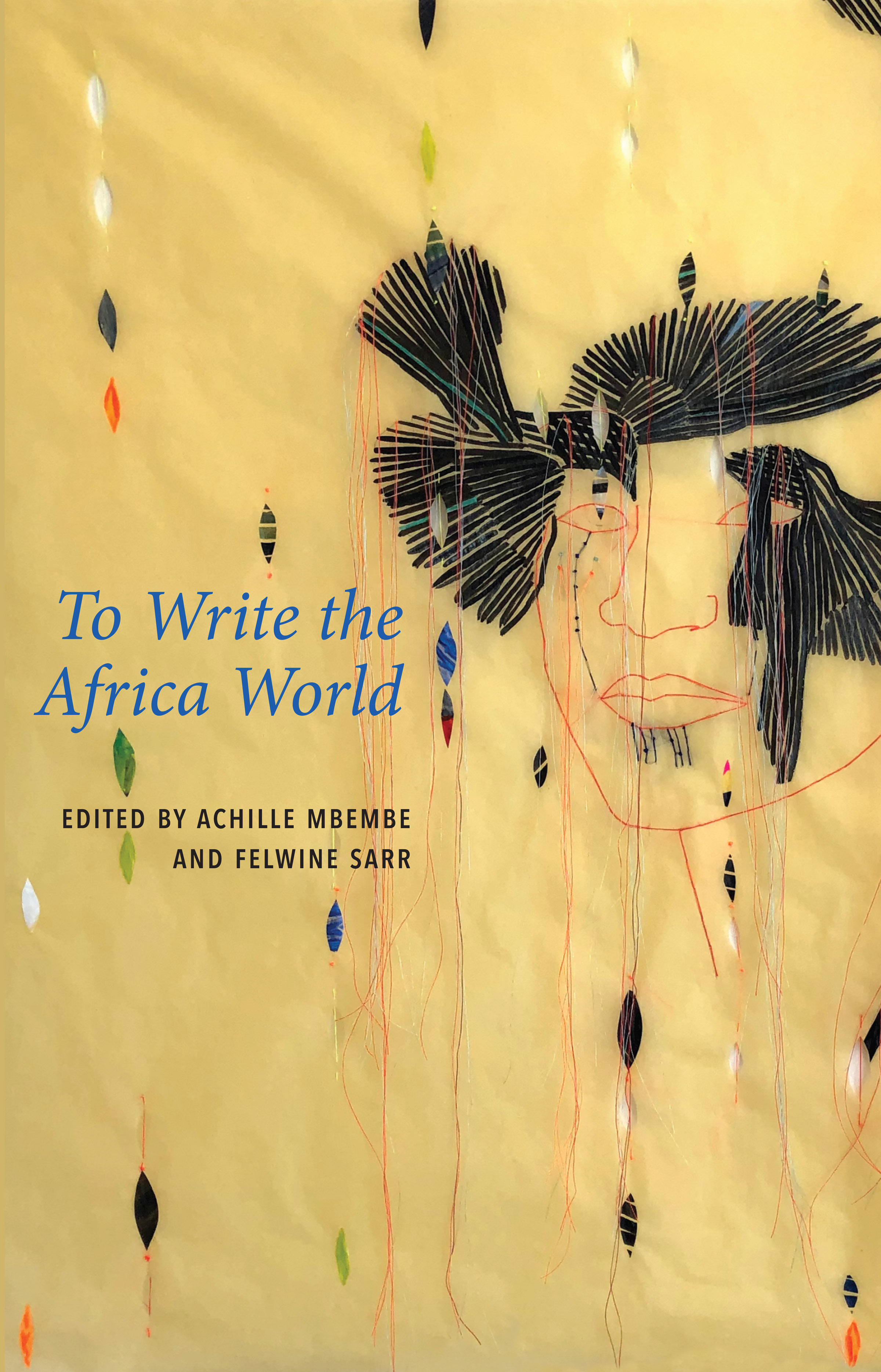
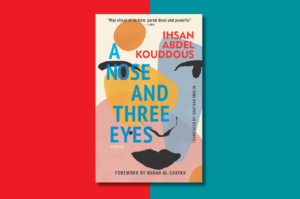
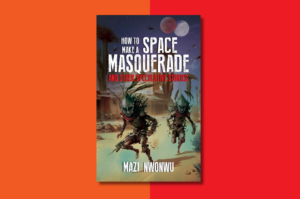
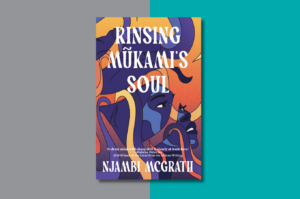
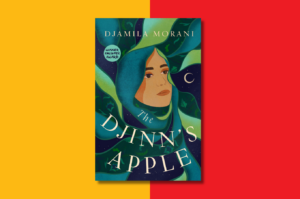
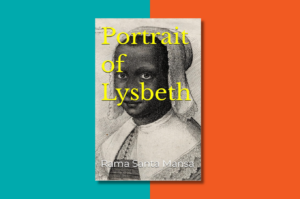
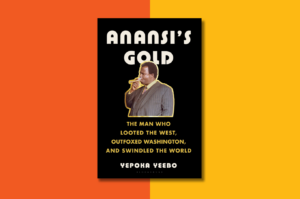

COMMENTS -
Reader Interactions